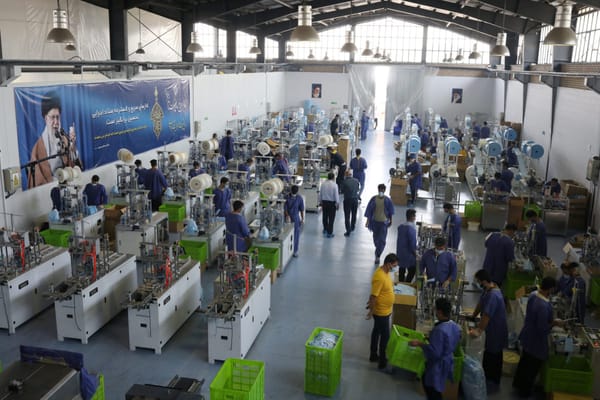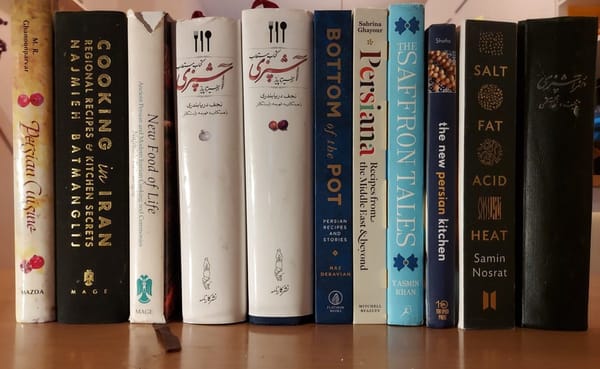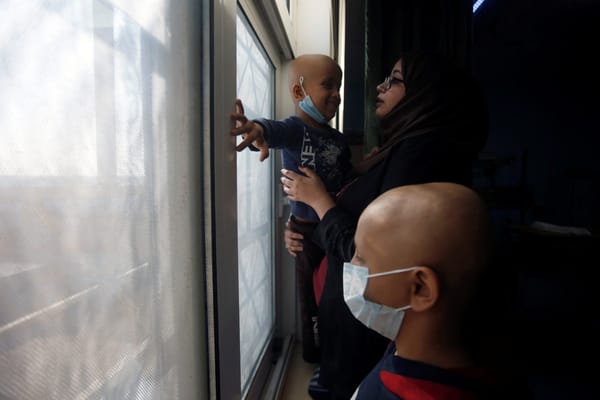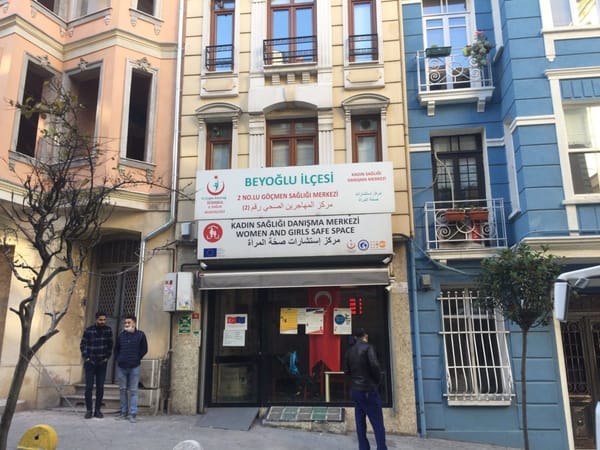



The Savor of Memory
Laleh Khalili draws on memories from childhood, her experience of leaving Iran and her ongoing interest in cooking to review a series of classic and contemporary Iranian cookbooks. Through them she reflects on the politics of identity in the Iranian diaspora and the global circuits of foodways refle
Three Decades After his Death, Kahane’s Message of Hate is More Popular Than Ever
Although Meir Kahane was assassinated 30 years ago, the violent and hateful legacy of his ideology continues to shape Israeli politics. David Sheen's in-depth and long-term investigative reporting sheds light on how the intricate web of Kahanist influence is pulling Israel further and further to the
Revisiting MERIP Coverage of the Arab Uprisings
Revolutions are the singular political events that “confront us directly and inevitability with the problem of beginning,” argued Hannah Arendt. MERIP’s coverage of the uprisings of 2011 struggled intensely with this conundrum while cross-regional mobilizations, alliances and confrontations emerged
Solidarity Is a Country Far Away
Anna Simone Reumert reviews Darryl Li's book The Universal Enemy: Jihad, Empire and the Challenge of Solidarity, an eye-opening ethnographic history of the experience and fate of foreign fighters acting in the name of global Muslim solidarity in the Bosnian war of the 1990s.
Sahrawi Self-Determination, Trump’s Tweet and the Politics of Recognition in Western Sahara
The Sahrawi people have been struggling for self-determination in Moroccan-occupied Western Sahara since 1975. Despite years of nonviolent resistance, there has been no significant change in the stalled process of decolonization. Until now. The sudden end to the long-running ceasefire and Trump's tw
The Dilemmas of Practicing Humanitarian Medicine in Gaza
Humanitarian medical aid was developed to provide life-saving assistance to populations suffering from war and disease. What happens when this model is applied to help those living under occupation and coping with chronic deprivations and long-term siege conditions? Osama Tanous, a Palestinian pedia
The Long Shadow of Iraq’s Cancer Epidemic and COVID-19
The epidemic of cancer in Iraq that emerged after the 1991 Gulf War has afflicted nearly every family. In response to a health care system devastated by sanctions and war, Iraqis acquired decades of experience piecing together novel mechanisms for obtaining treatment. The tendency of families to rel
Syrian Refugees Navigate Turkey’s Shifting Health Care Terrain
Registered Syrian refugees in Turkey are allowed to access free state health care. But the language barrier, registration difficulties and prejudice led to the emergence of informal clinics run by refugee doctors. Although the government has opened Migrant Health Centers to ease access and replace i
Ambivalence and Desire in Revolutionary Syria
Daniel Neep reviews Lisa Wedeen's book Authoritarian Apprehensions: Ideology, Judgment, and Mourning in Syria and finds it a "serious, powerful work operating on multiple levels: it speaks to an impressive range of debates in the Anglophone academy and the Syrian artistic field without losing sight
Jordan’s 2020 Election Shifts from Landmark Poll to Business as Usual
November 2020 is election season not only in the United States, but also in Jordan where the prospects for a shakeup in parliament are quickly receding. Based on interviews with Jordanian political leaders, E.J. Karmel explains the shifting dynamics among candidates, lists, parties and currents that